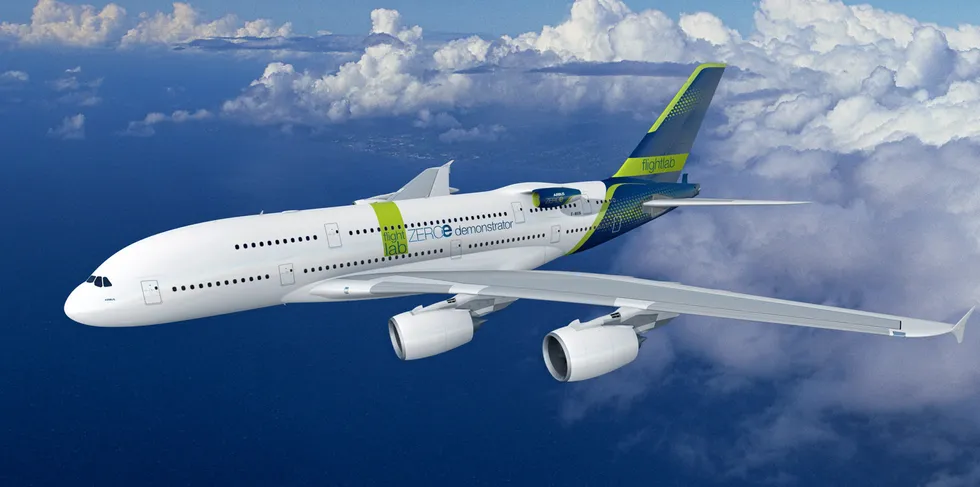'Hydrogen long-term solution to net-zero target' | Airbus CEO sees first H2 planes on regional routes
Guillame Faury tells German newspaper sustainable aviation fuels (SAFs) likely short-term solution for decarbonisation while H2-powered aircraft to be important after 2050
